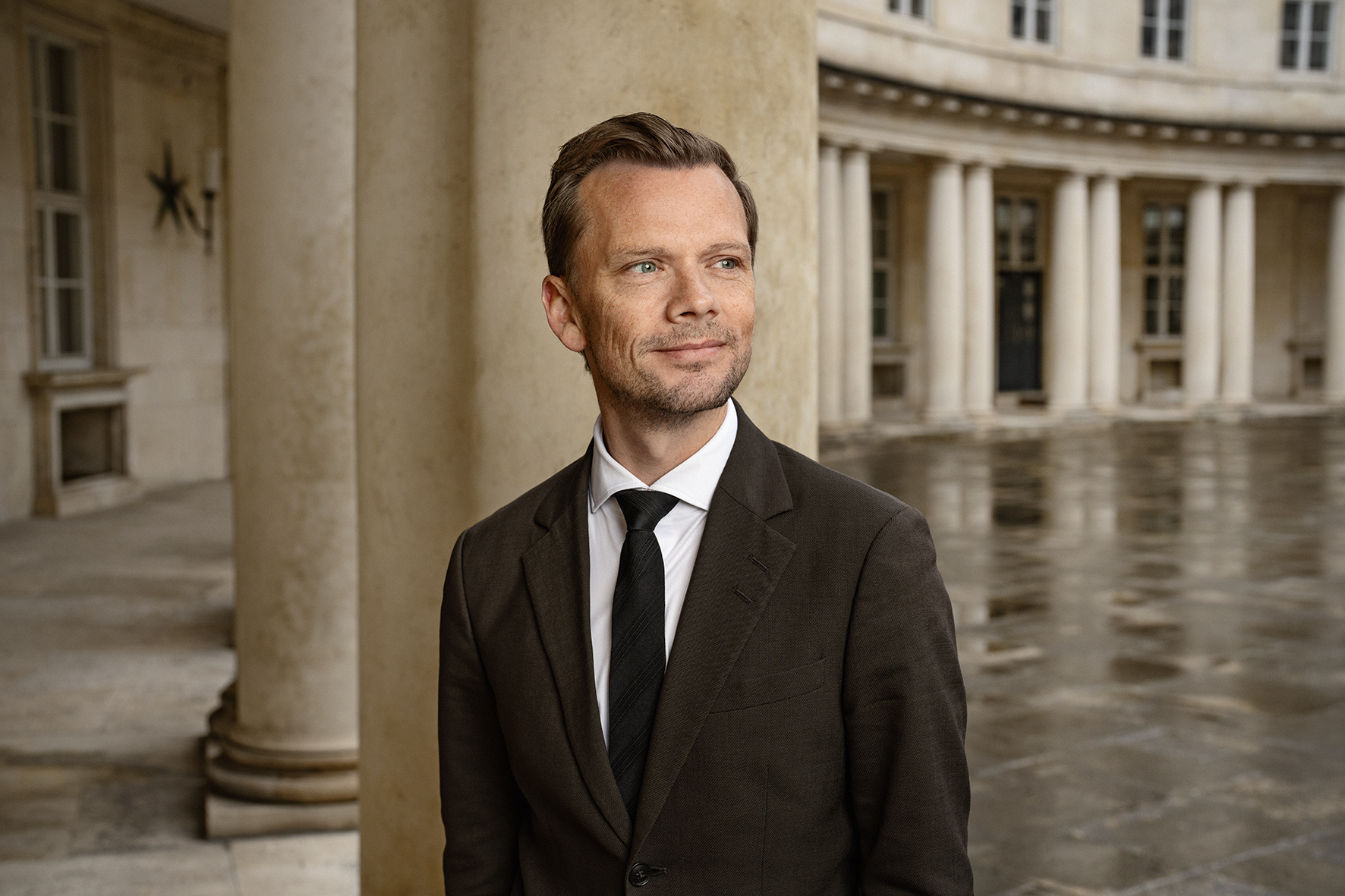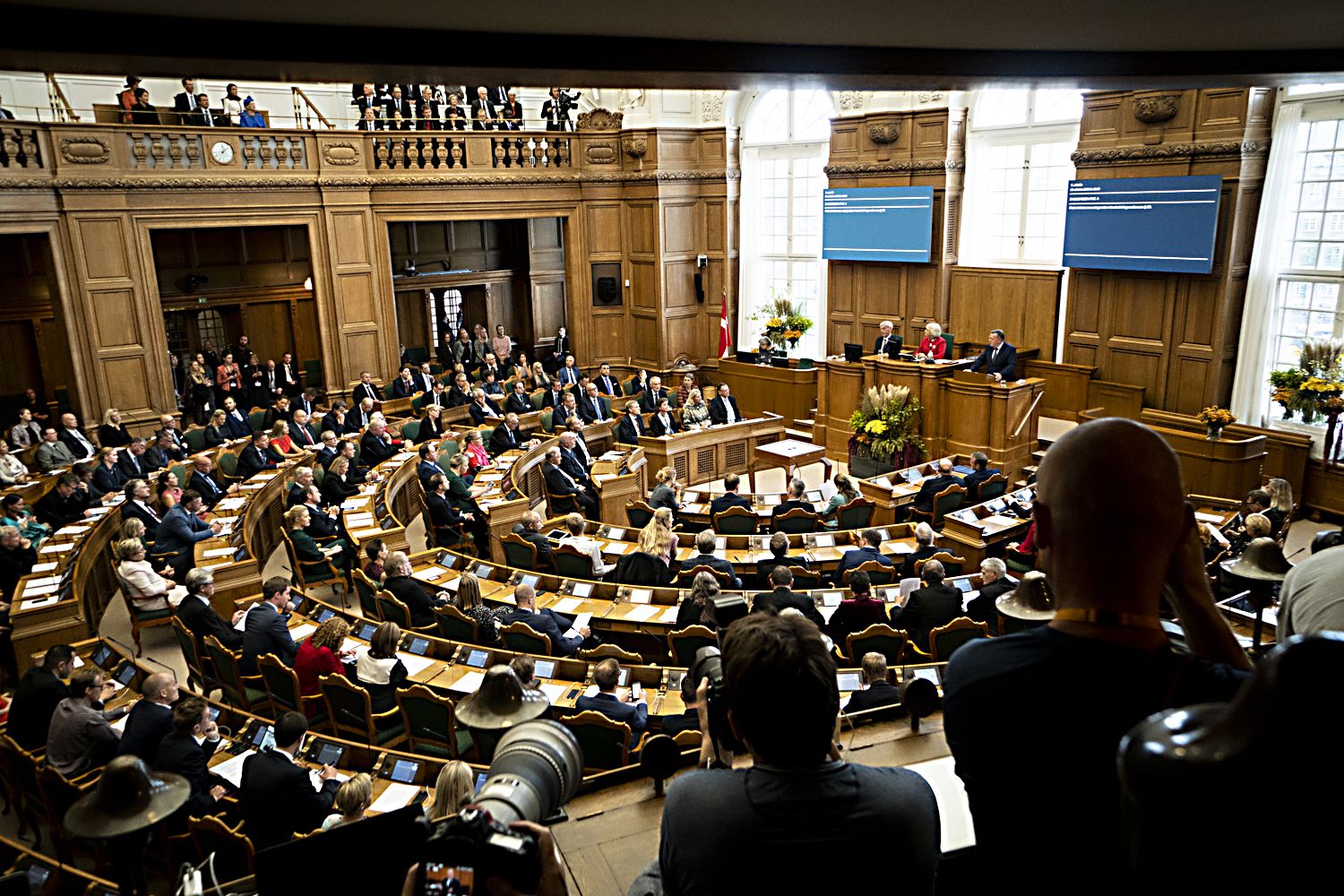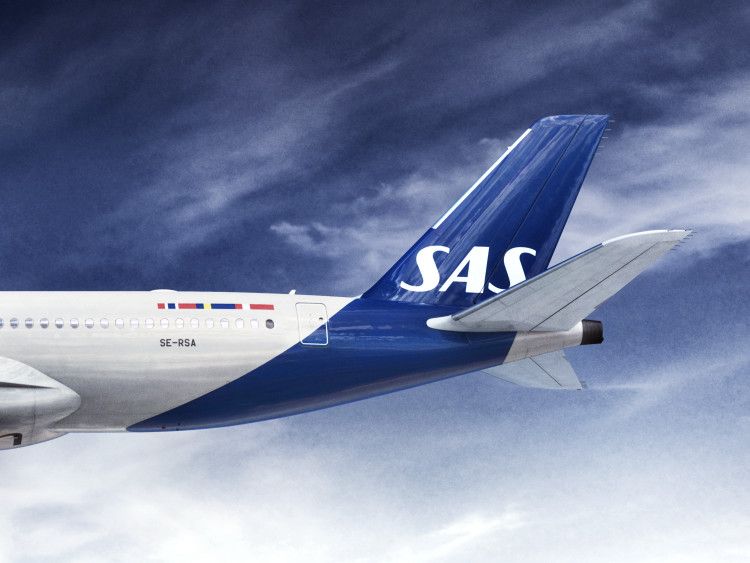The Danish Institute for Human Rights (Institut for Menneskerettigheder) is suspected of “a number of irregularities” that have led to losses of 3,192,000 kroner, the Ministry of Foreign Affairs has stated.
The accountancy firm Price Waterhouse Coopers went through the institute’s records and found many errors including, according to the Foreign Ministry, “the deliberate transfer of old losses to non-existing projects that were created for this purpose”.
The ministry has now cut off funding to the Institute for Human Rights with immediate effect, and the institute has been asked for a thorough explanation.
The Institute for Human Rights said in a statement that the 3.2 million kroner in losses, which date from 1997-2008, did not result from a diversion of funds but rather a case of incorrect postings and that no public funds were misused.
“There were gross human errors that neither internal or external controls spotted,” the director of the institute, Jonas Christoffersen, said. “We’ve cleaned up the old losses that will affect our current employees who will be forced to push even hard to cover old losses. But we are now looking forward to fully focusing on human rights instead of internal clean-up.”
The instituteÂ’s explanation was not enough for opposition party Dansk Folkeparti (DF) which is demanding that the government removes the instituteÂ’s total appropriation of ten million kroner.












